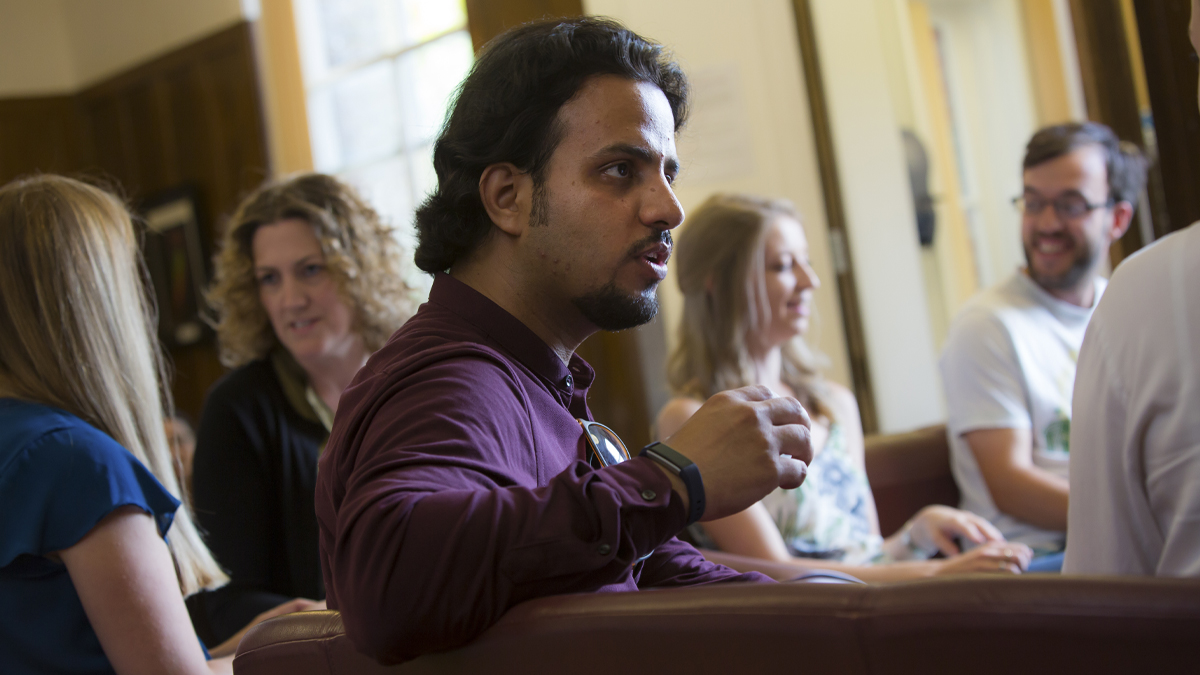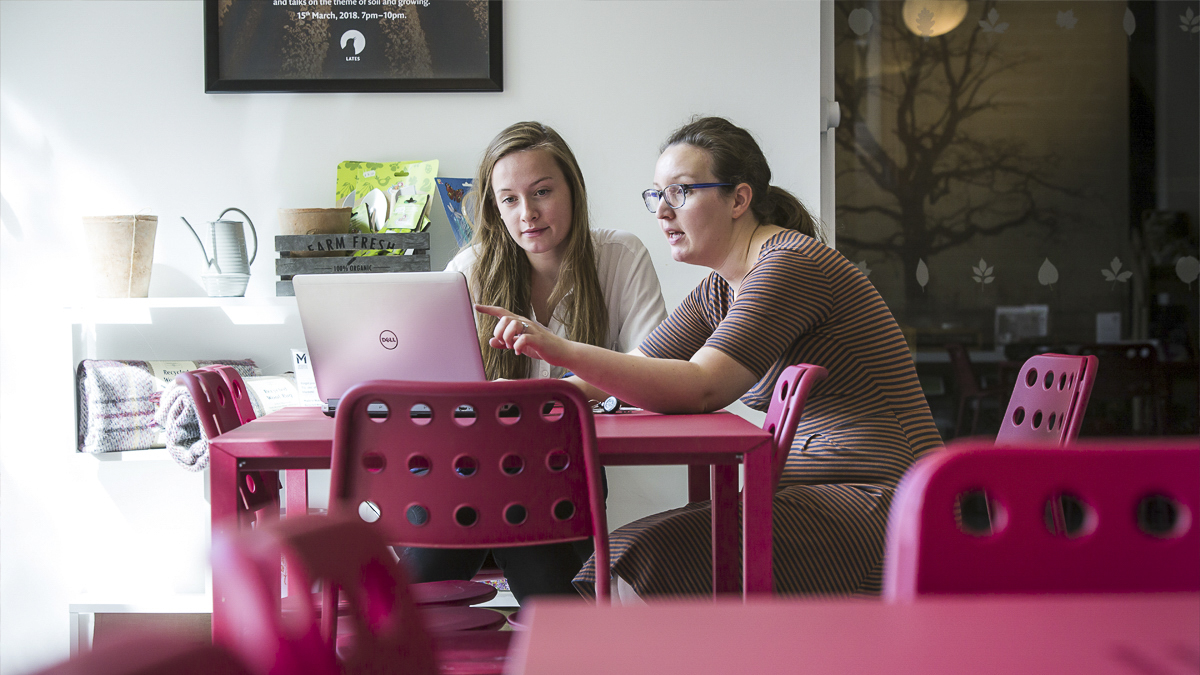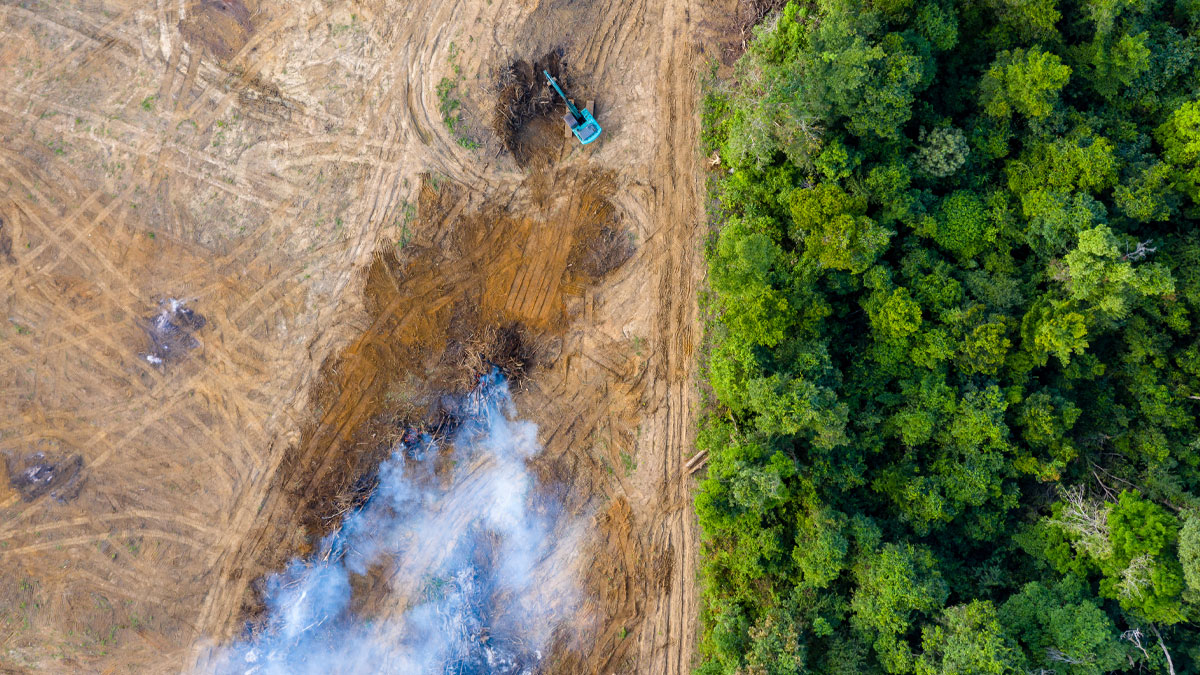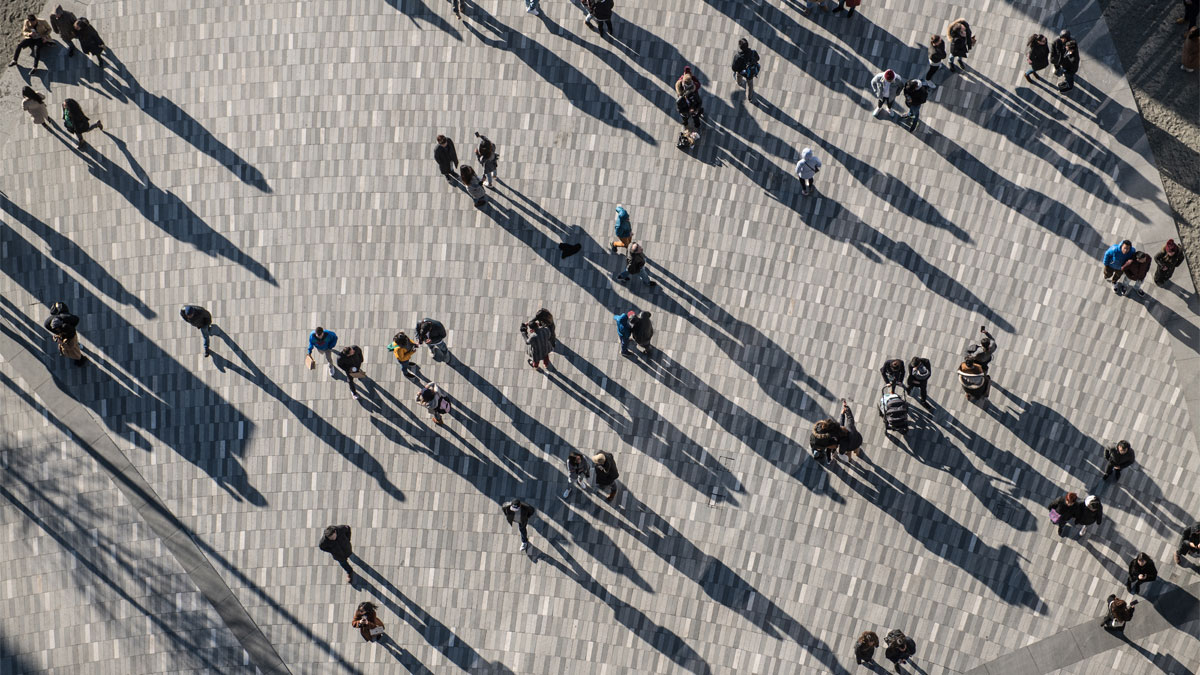You will join a vibrant and diverse doctoral community within the Department of Geography and Environmental Science, working alongside postdoctoral researchers and academic staff.
Within the Department, we hold a fortnightly Postgraduate Discussion Group, which provides an informal peer support network and invites visiting speakers to discuss themes relating to personal and career development and wellbeing (e.g. working with the media, achieving a good work-life balance).
Other social activities are also organised by and for PhD students, for example yoga classes and socials.




